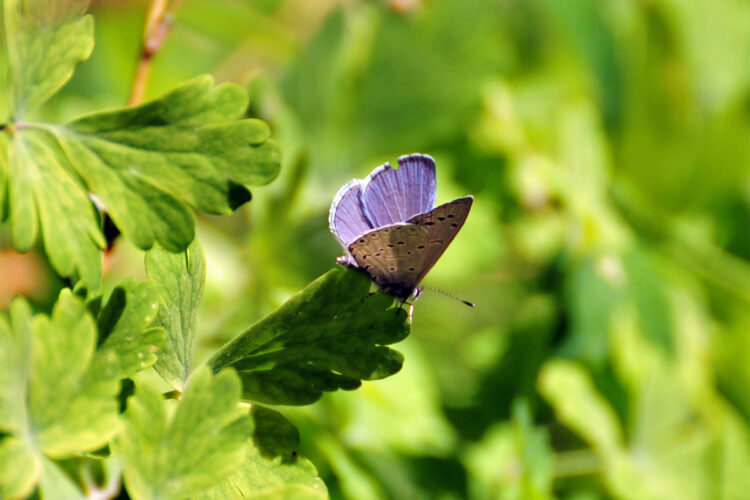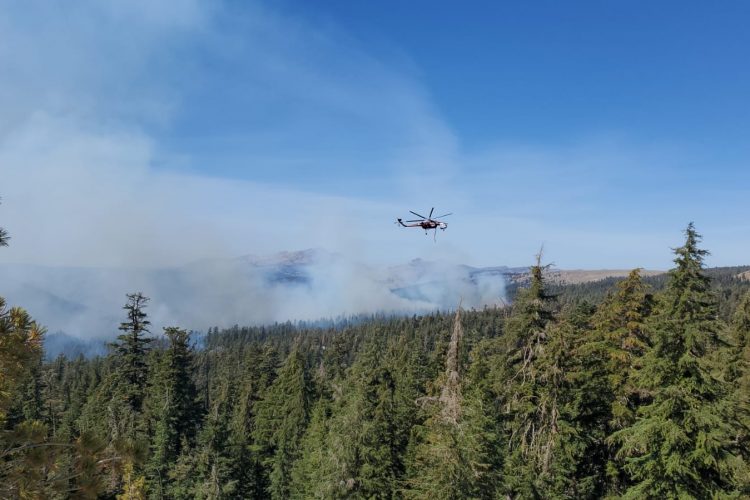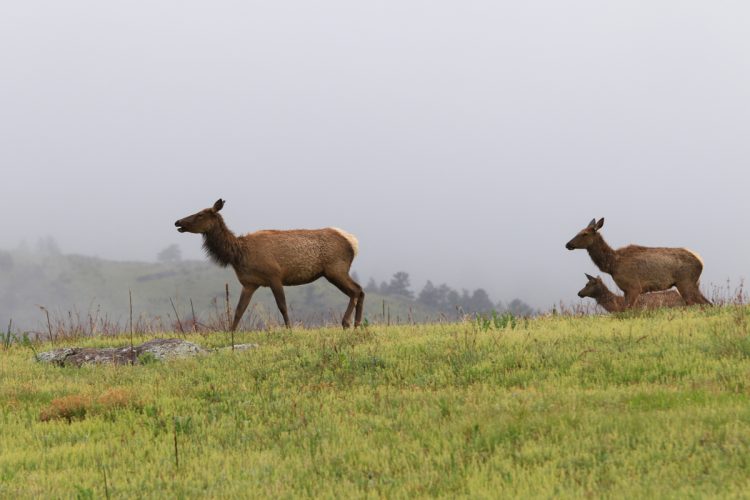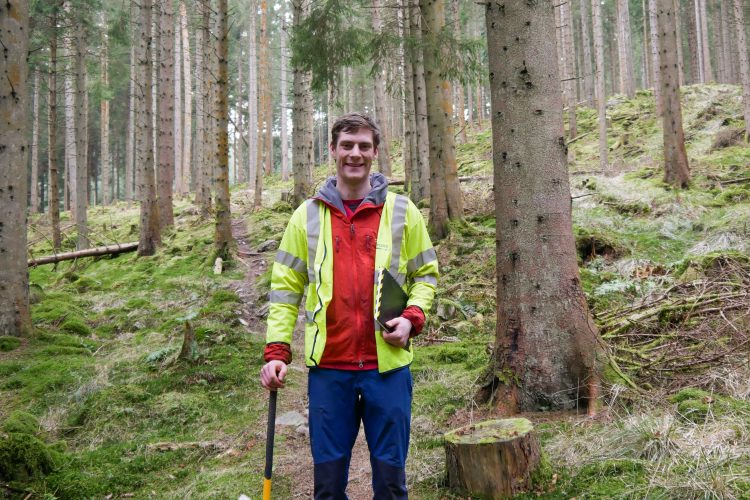
Lee Canyon, a ski resort one hour northwest of Las Vegas, will add a downhill mountain bike park and trail system for the 2022 season after the resort and a conservation group resolved a dispute over the Mount Charleston Blue Butterfly. The Center for Biological Diversity challenged the resort’s decision to build mountain bike trail over concerns for the butterfly’s livelihood.
Lee Canyon plans to start construction in late June and will contract Gravity Logic to build the trails, according to a press release. The resort expects to open six mountain bike trails by August. The park will offer a mix of beginner, intermediate, and advanced trails with jump lines and singletrack. The resort plans to continue building through the fall and 2023. When complete, they should have about 12 miles of downhill bike trails.
“Lee Canyon’s goal is to offer diverse and inclusive outdoor experiences. We are excited to add downhill mountain biking, which will offer another opportunity to recreate at Lee Canyon,” said Dan Hooper, Lee Canyon’s general manager. “Our bike park will be focused on creating memorable first-time mountain experiences while also catering to seasoned riders.”
Lee Canyon says they worked with scientists and conservation groups to ensure that the park’s design minimizes environmental impact. The U.S. Forest Service accepted Lee Canyon’s Master Development plan in 2011, and between then and 2020, the resort conducted environmental analyses and researched potential impacts. The final design needed to ensure that the Mt. Charleston blue butterfly would be protected. In November 2020, the USFS gave the green light to build mountain bike trails. Shortly after, the Center for Biological Diversity sued. We reported on the conflict in December 2020.
According to the Center for Biological Diversity, Lee Canyon will give $250,000 in funding to researchers at the University of Nevada, Las Vegas to research the butterfly’s biology, habitat, and conservation.
“We’re pleased that we’ve reached an agreement that both protects these butterflies and funds research to put them on the path to recovery,” said Patrick Donnelly, Nevada state director at the Center in a press release. “This agreement shows that conservation groups and private parties can work together to ensure recreation doesn’t come at the cost of losing imperiled species.”
The rare butterfly lives in pockets around Mount Charleston and requires an open habitat to support its larval host plants. These plants grow between 8,200 and 11,500 feet and the habitat faces other risks like climate change and wildfires.
Lee Canyon added that the trails would be beneficial for residents of Clark County as interest in the sport has grown and the local economy should benefit as well.




















0 Comments